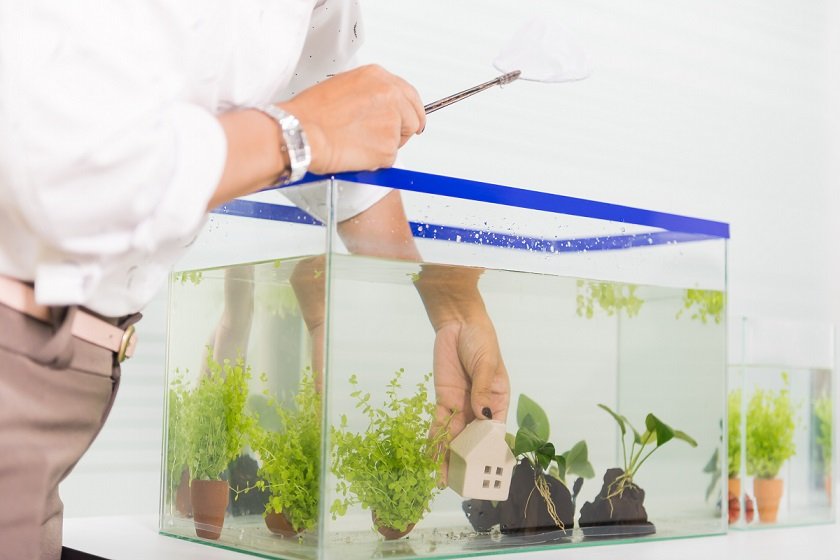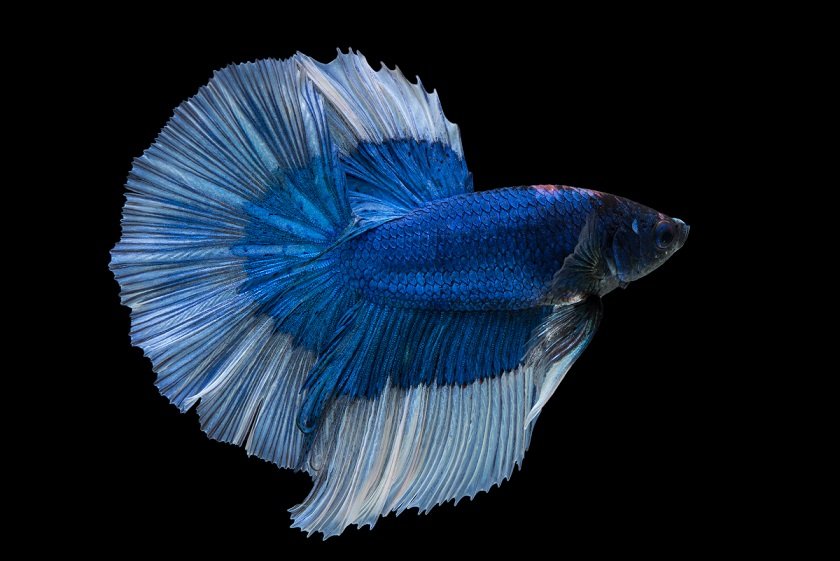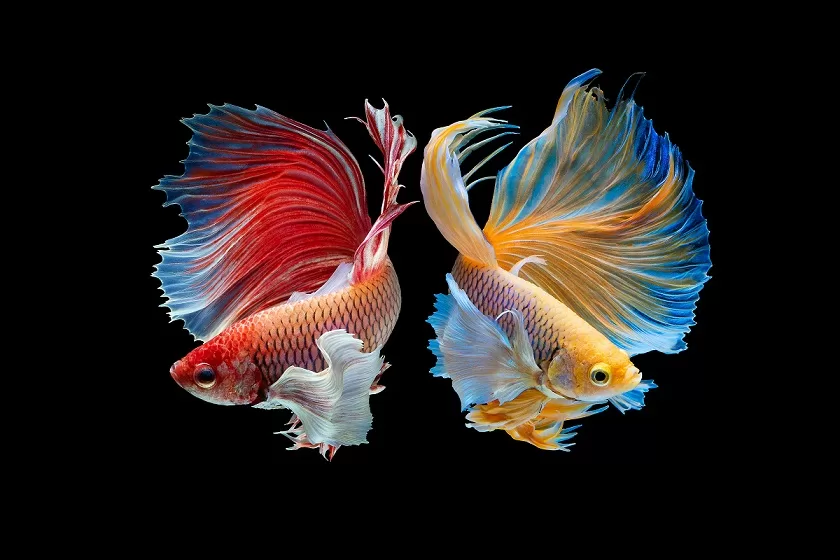Betta fish are popular for a reason. They have a range of attractive colors and designs. That’s why many individuals buy bettas for their beauty. However, many don’t know the fish care requirements.
One must be aware of the factors contributing to the fish’s overall well-being and happiness to provide betta fish care properly. It also means being aware of their stress and sickness triggers to prevent them. With this article, you may learn how to take care of your Betta fish and increase their lifespan. Now, jump in.
Set Up The Right Betta Tank
It’s commonly believed bettas can live in small aquariums. Bettas can survive in these settings, but larger tanks are better. You can choose a two to five-gallon tank for your betta. And make sure your tank’s lid has a hole for oxygen since they can jump and may escape without a cover.
Betta fish are tropical; thus, they need the proper type of water. You’ll need a fish tank water heater to maintain the right temperature. You can also buy a thermometer to maintain 77-82 degrees Fahrenheit.
The tank should be near a power source, out of direct sunlight, and away from drafts. Also, do make sure to choose a base for your aquarium that is extremely solid and robust, and then fill the tank with water. Know that there are aquarium stands and betta starter kits with everything you need.

Warm water cleans the tank, equipment, substrate, and decorations. Never use cleaning products like detergent because they can harm fish. Lastly, if you buy a used tank, let it sit filled with water for 24 hours to check for leakage.
Use A Gentle Filter
Filters protect good bacteria from harmful bacteria. They help with tank cleaning and betta maintenance. Since these fish have unique requirements when it comes to the temperature of their water, selecting the best filter for bettas is one of the basic propositions.
Betta fish aren’t good swimmers; therefore, a filter can stress them. Long-term instability can cause rubbing fins, suffering, and death. So, choose a beta-fish-friendly filter.
- Look for a filter with an easy-to-remove cartridge system for the mechanical, biological, and chemical stages. This makes filter maintenance easier and faster. Also, you’ll only replace the needed piece.
- Make sure your tank filter has the correct flow rate.
- Consider reliability. You need a filter that won’t clog or break often. Considering others’ filter experiences can help you avoid a poorly built one.
- Adjustable output filters are ideal. If your betta is stressed by the current, adjusting your filter’s output makes it easy to reduce flow.
- Consider a filter’s aesthetics. While any filter must be functional, it helps if it matches your tank’s decor.
Take Extra Caution When Choosing Tank Mates
If you put Betta fish in a tank with different species of fish, things have the potential to go from bad to worse very quickly. Select the correct tank mates for your Betta fish and make sure there is plenty of room in the aquarium for it to swim around. This will help prevent aggressive and territorial behavior from occurring.
To choose betta tank mates carefully, you can consider the following guidelines:
- Before adding fish to your betta’s tank, research their compatibility. If you’re new to betta fish, keep them alone at first. Once you know your betta’s characteristics, you can add other fish.
- Male bettas shouldn’t be kept together since they’ll fight until one dies. Betta fish are competitive and may kill other male fish with better features. The betta puffs up its fins before attacking out of territorial aggression.
- Female Betta fish can coexist in groups of five or more, but the minimum size of the aquarium in which they do so must be at least 10 gallons. For every inch of fish length, stock one gallon of water.

Feed Your Betta Right
Since betta fish are carnivores by nature, their diet is predominantly composed of protein like betta pellets purchasable at pet stores. It is essential to choose a pellet formula specifically for betta fish. Those intended for different types of fish, including tropical fish, will not be healthy for consumption.
Know that they are picky eaters. Even with species-specific food, persistent food refusal may mean they desire a different brand or combination. Moreover, it’s important to note that they shouldn’t be overfed. Feeding them once a day will suffice. This is because overeating might harm their health and water quality.
Conclusion
A Betta is much more than just a pretty face in your aquarium! Their offbeat and inquisitive personalities make them not only interesting but also pleasant companions. Because of their relatively simple living conditions and maintenance requirements, they are an excellent choice for beginner fish keepers.

